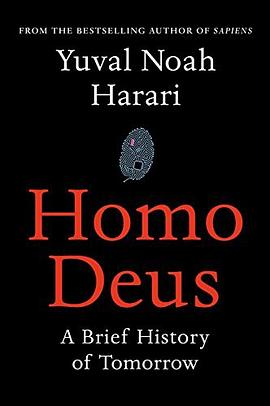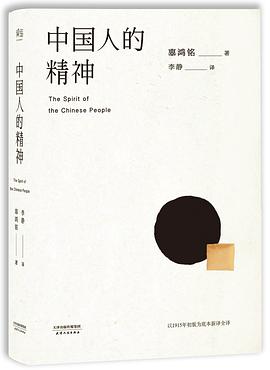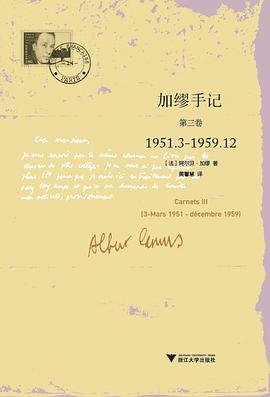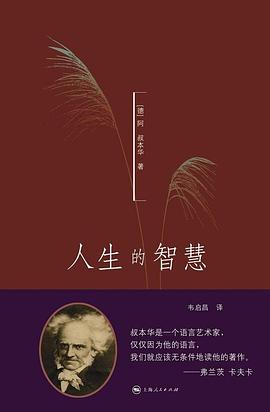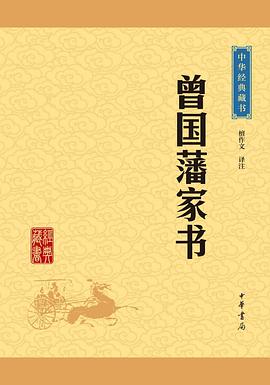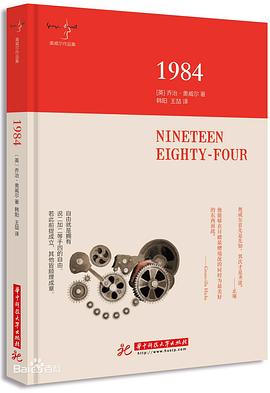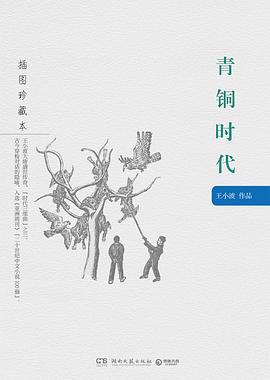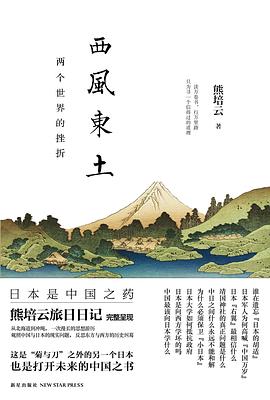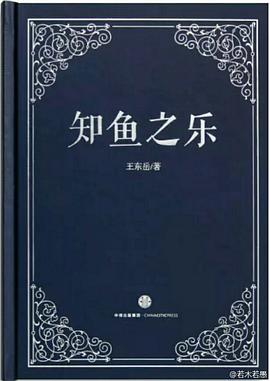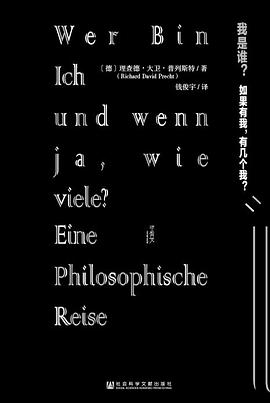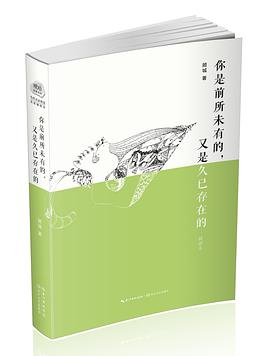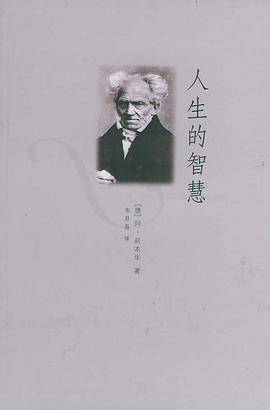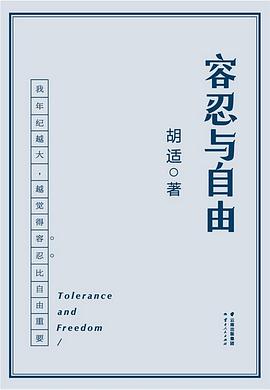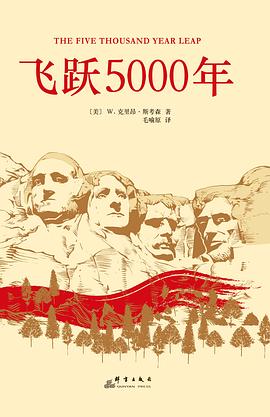
具體描述
Prof. Yuval Noah Harari has a PhD in History from the University of Oxford and lectures at the Hebrew University of Jerusalem, specializing in world history. His books have been translated into 50+ languages, with 12+ million copies sold worldwide. 'Sapiens: A Brief History of Humankind' (2014) looked deep into our past, 'Homo Deus: A Brief History of Tomorrow' (2016) considered far-future scenarios, and '21 Lessons for the 21st Century' (2018) zoomed in on the biggest questions of the present moment.
NEW YORK TIMES BESTSELLER
Yuval Noah Harari, author of the critically-acclaimed New York Times bestseller and international phenomenon Sapiens, returns with an equally original, compelling, and provocative book, turning his focus toward humanity’s future, and our quest to upgrade humans into gods.
Over the past century humankind has managed to do the impossible and rein in famine, plague, and war. This may seem hard to accept, but, as Harari explains in his trademark style—thorough, yet riveting—famine, plague and war have been transformed from incomprehensible and uncontrollable forces of nature into manageable challenges. For the first time ever, more people die from eating too much than from eating too little; more people die from old age than from infectious diseases; and more people commit suicide than are killed by soldiers, terrorists and criminals put together. The average American is a thousand times more likely to die from binging at McDonalds than from being blown up by Al Qaeda.
What then will replace famine, plague, and war at the top of the human agenda? As the self-made gods of planet earth, what destinies will we set ourselves, and which quests will we undertake? Homo Deus explores the projects, dreams and nightmares that will shape the twenty-first century—from overcoming death to creating artificial life. It asks the fundamental questions: Where do we go from here? And how will we protect this fragile world from our own destructive powers? This is the next stage of evolution. This is Homo Deus.
With the same insight and clarity that made Sapiens an international hit and a New York Times bestseller, Harari maps out our future.
用戶評價
##寫曆史水平的高低在於能否對同一曆史事件的多角度觀察。
評分 評分##這是這幾年來我讀過的覺得最好看的一本書,大概沒有“之一”。書中有太多興奮點,從頭到尾。有些是開眼界,有些是我的睏惑點。準備什麼時候再讀一遍,做點筆記。
評分 評分 評分 評分 評分 評分##與Richard Dawkins和Jared Diamond兩位科學傢不同,作者雖然思想自由馳騁,想象豐富,但卻有失嚴謹。比如: 關於決策模式:作者用狒狒躲獅子吃香蕉為例,來說明決策過程是一個算法(algorithms)。這和經濟學裏把人假設為理性人,把人的決策過程比作一個在輸入所有變量後的優化...
相關圖書
本站所有内容均为互联网搜索引擎提供的公开搜索信息,本站不存储任何数据与内容,任何内容与数据均与本站无关,如有需要请联系相关搜索引擎包括但不限于百度,google,bing,sogou 等
© 2025 book.tinynews.org All Rights Reserved. 静思书屋 版权所有

